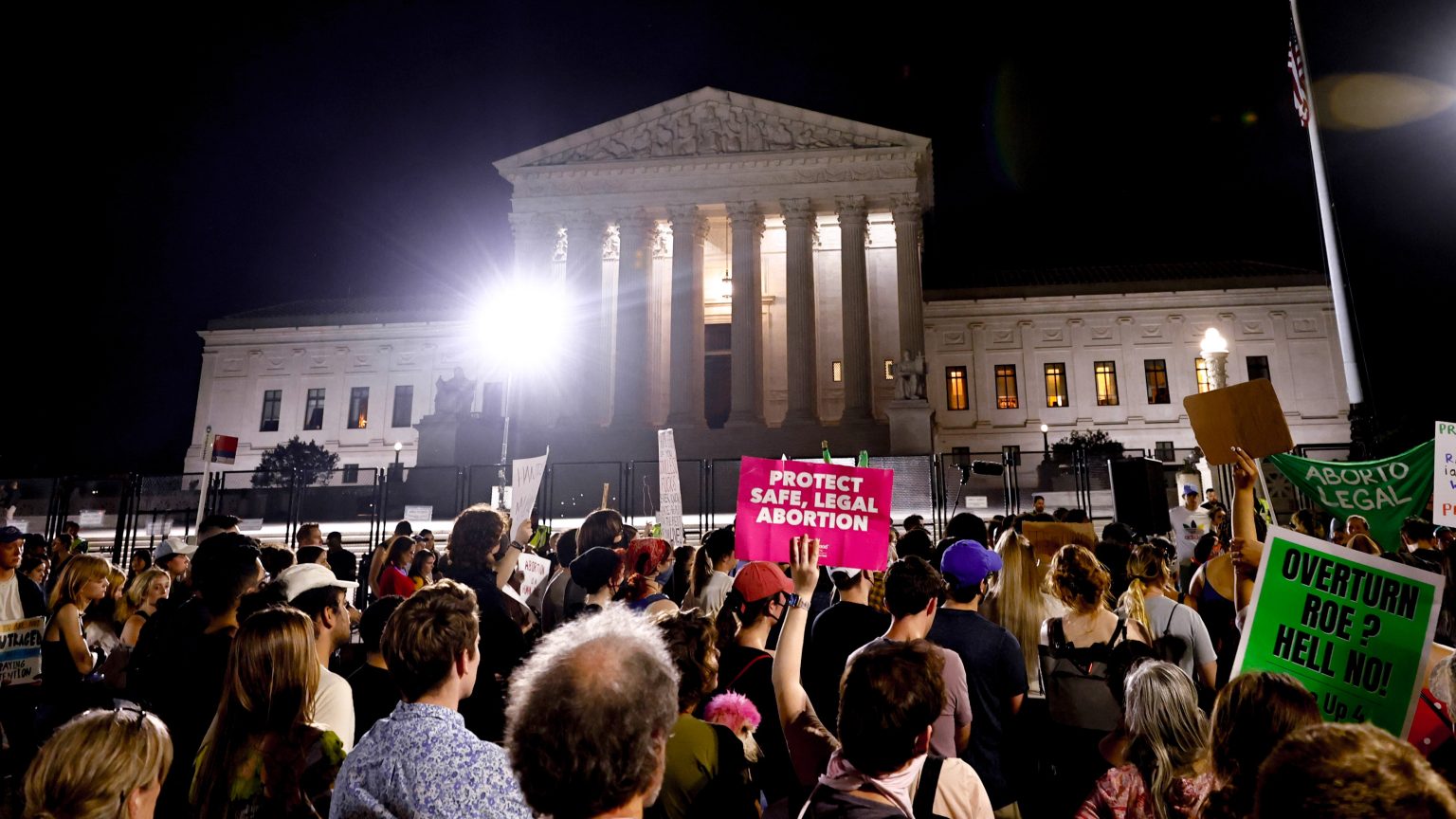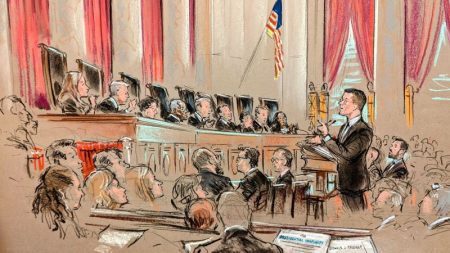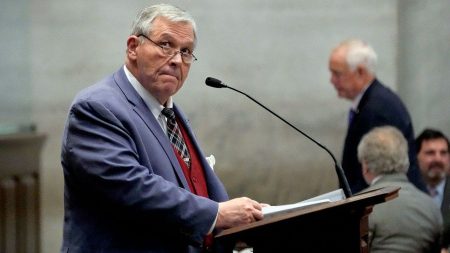The Supreme Court is set to consider a second abortion case dealing with claims by a Republican-led state that the Biden administration is attempting to use a 40-year-old federal law as an “abortion mandate.” The case involves the Emergency Medical Treatment and Labor Act (EMTALA) and Idaho’s Defense of Life Act, which makes it a crime for a medical provider to perform an abortion with exceptions for rape, incest, and life of the mother. The Justice Department argues that Idaho’s law does not allow abortions in more medical emergency circumstances. Idaho argues that the state should have the authority to decide its laws and not the federal government.
The White House states that the 21 states enforcing abortion bans are causing “chaos and confusion” and that health care providers have a responsibility under the federal Emergency Medical Treatment and Labor Act to offer essential care to patients in emergencies. The Center for Reproductive Rights filed a lawsuit against Idaho’s abortion ban in September 2023, calling it a six-week ban with “vigilante”-style civil liability provisions. EMTALA, a federal statute signed by President Reagan in 1986, is designed to prevent hospitals from turning away indigent patients in critical need of medical care.
After the Dobbs decision in 2022, Bursch stated that the Biden administration, for the first time in the law’s history, used EMTALA to impose an “abortion mandate.” A district court sided with the DOJ and ordered a preliminary injunction on Idaho’s law, which was affirmed by the Ninth Circuit. The Supreme Court is set to hear oral arguments on this case on April 24. Proponents of Idaho’s law argue that the federal government is attempting to subvert states’ rights and impose abortion laws on states that do not want them, which they believe is illegal.
Stephen Billy, vice president of state affairs for SBA Pro-Life America, believes the Biden administration’s legal challenge to a state’s abortion law is politically motivated ahead of the November elections, with Biden’s poll numbers dwindling. Billy cited the Women’s Health Protection Act, which aimed to legalize virtually limitless abortion nationwide but ultimately failed in Congress. He believes the administration is using fear and scare tactics around the issue to drive a political agenda and save their campaign because they don’t have much else to run on. The administration’s actions are viewed as attempts to expand abortion on demand through executive actions like reinterpreting EMTALA.
Overall, the legal battle over Idaho’s abortion law highlights the ongoing debate over state versus federal authority on abortion laws. The case has drawn attention to the potential implications of the Biden administration’s use of EMTALA as a tool to enforce a federal abortion mandate, which some view as an overreach of federal power. Proponents of the state law argue that states should have the authority to decide their own abortion laws, while opponents argue that federal law requires hospitals to provide essential care to patients in emergencies. The Supreme Court’s decision on this case will likely have significant ramifications for the ongoing national debate on abortion rights.















